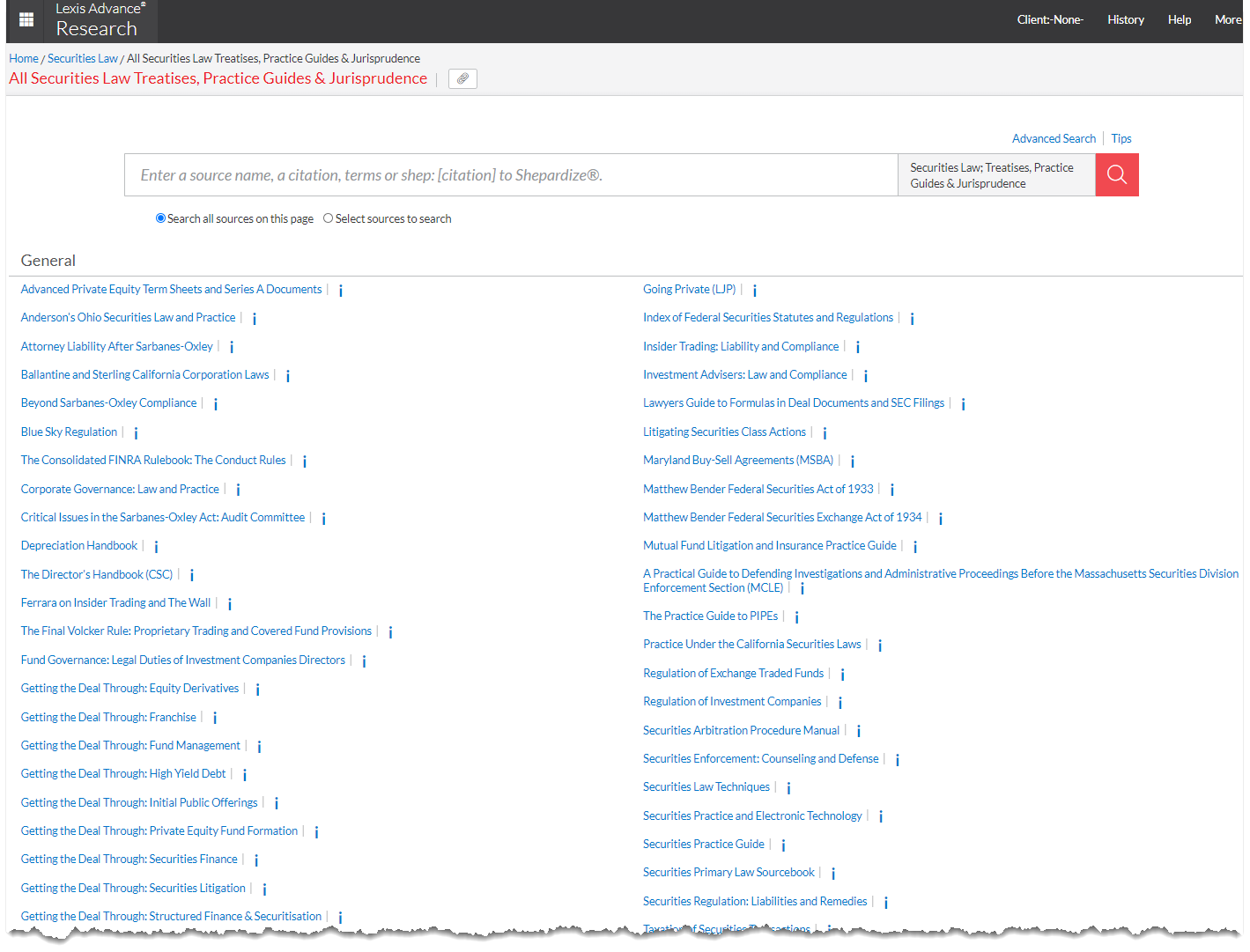Navigating Compliance: Securities Law Essentials


Navigating Compliance: Securities Law Essentials
Navigating the complexities of securities law compliance is paramount for businesses operating in the financial markets. In this guide, we’ll delve into the key aspects of securities law and the essential components of ensuring compliance in this intricate legal landscape.
Understanding Securities Law Basics
Securities laws are designed to regulate the issuance and trading of securities, which include stocks, bonds, and other financial instruments. The primary objective is to protect investors by ensuring transparency, fairness, and integrity in the financial markets. Understanding the foundational principles of securities law is crucial for businesses seeking to navigate compliance effectively.
Registration Requirements for Securities
One fundamental aspect of securities law compliance is the registration of securities offerings. The Securities and Exchange Commission (SEC) in the United States, for example, requires companies to register certain securities before offering them to the public. This registration process involves providing detailed information about the securities and the issuing company, enabling investors to make informed decisions.
Disclosure Obligations and Reporting
Disclosure obligations are a cornerstone of securities law, requiring companies to provide accurate and timely information to the public. This includes financial statements, material events, and other relevant information that may impact investment decisions. Companies listed on stock exchanges must adhere to periodic reporting requirements, ensuring continuous transparency and disclosure to the investing public.
Insider Trading Regulations
Securities law also addresses insider trading, a practice where individuals with access to non-public information trade securities for their benefit. Compliance with insider trading regulations is critical for maintaining the integrity of financial markets. Companies must implement measures to prevent insider trading within their organizations and educate employees on the legal implications of such activities.
Anti-Fraud Provisions and Market Manipulation
Anti-fraud provisions play a significant role in securities law, prohibiting false or misleading statements in connection with the purchase or sale of securities. Market manipulation, which involves artificially influencing the market for a security, is also a key concern. Adhering to these provisions is essential for businesses to build and maintain trust in the financial markets.
Compliance Programs and Internal Controls
Establishing robust compliance programs and internal controls is a proactive approach to securities law compliance. Companies should implement policies, procedures, and monitoring mechanisms to ensure adherence to legal requirements. Regular assessments and audits can identify areas for improvement, allowing organizations to continuously enhance their compliance frameworks.
Global Considerations in Securities Law Compliance
As businesses operate on a global scale, understanding the international dimensions of securities law is crucial. Different jurisdictions may have varying regulations and compliance requirements. Multinational companies must navigate these complexities, harmonizing their practices to comply with diverse legal frameworks and ensure a consistent commitment to transparency and compliance.
Enforcement Actions and Penalties
Securities law violations can lead to enforcement actions and significant penalties. Regulatory bodies such as the SEC have the authority to investigate and take legal action against companies or individuals found in violation of securities laws. Understanding the potential consequences of non-compliance underscores the importance of a proactive and diligent approach to adhering to securities regulations.
Role of Legal Counsel in Securities Law Compliance
Given the intricacies of securities law, businesses often rely on legal counsel specializing in this field. Securities lawyers play a crucial role in advising companies on compliance matters, structuring offerings, and navigating regulatory challenges. Their expertise helps businesses stay ahead of evolving legal requirements and mitigate risks associated with securities law compliance.
Continuous Monitoring and Adaptation
Securities laws are dynamic, subject to changes and updates. As such, companies must engage in continuous monitoring of legal developments and adapt their compliance strategies accordingly. Staying informed about regulatory changes ensures that businesses remain proactive in addressing new challenges and aligning their practices with evolving securities law requirements.
Securities Law Compliance: A Commitment to Integrity
In conclusion, navigating securities law compliance is not only a legal obligation but also a commitment to maintaining integrity and trust in the financial markets. Understanding the basics, implementing robust compliance programs, and engaging legal counsel are essential steps for businesses aiming to thrive while adhering to securities regulations. Explore Securities Law Compliance for more in-depth insights and resources on navigating the complexities of securities law.







